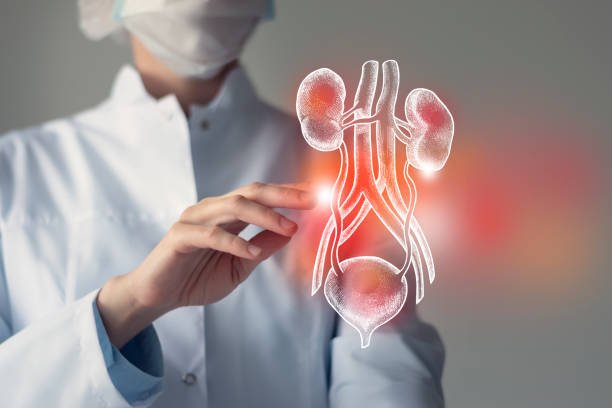When it comes to maintaining good health, regular screening and early detection play a critical role in preventing and managing various medical conditions. Urological health, which encompasses the kidneys, bladder, prostate, and urinary tract, is no exception. Urological issues can affect anyone, but early detection through screening can make a significant difference in treatment outcomes and overall well-being. This blog explores the importance of urological screening and how early detection can help safeguard your health.
Understanding Urological Health
Urology is a branch of medicine that focuses on the urinary system in both men and women, as well as the male reproductive system. Common urological conditions include:
- Kidney Stones: Hard deposits made of minerals and salts that form inside your kidneys and can cause severe pain.
- Urinary Tract Infections (UTIs): Infections that can affect any part of the urinary system, including the kidneys, bladder, and urethra.
- Prostate Issues: Conditions such as benign prostatic hyperplasia (BPH), prostatitis, and prostate cancer, which affect the prostate gland in men.
- Bladder Problems: Including bladder cancer, incontinence, and interstitial cystitis, a chronic bladder condition.
- Erectile Dysfunction (ED): The inability to achieve or maintain an erection sufficient for sexual activity, which can be linked to other health issues.
Why Urological Screening Matters
Urological screenings are essential because many urological conditions do not show symptoms until they are in advanced stages. For example, prostate cancer often has no early symptoms, but it is one of the most common cancers in men. Early detection through screening can catch these conditions before they become serious, leading to better treatment outcomes.
- Early Detection of Cancer: Regular urological screenings can detect cancers of the prostate, bladder, and kidneys at an early stage when they are most treatable. For example, a prostate-specific antigen (PSA) test can help identify prostate cancer early, increasing the chances of successful treatment.
- Preventing Complications: Conditions like kidney stones and UTIs, if left untreated, can lead to more severe health issues. Screening helps in early diagnosis, which can prevent complications such as kidney damage or chronic infections.
- Managing Chronic Conditions: Some urological conditions, like BPH or interstitial cystitis, require ongoing management. Regular screenings help monitor these conditions and adjust treatment plans as needed, improving the patient’s quality of life.
- Promoting Overall Health: Urological health is closely linked to overall health. For instance, erectile dysfunction can be an early sign of cardiovascular disease. Urological screenings can, therefore, provide insights into other aspects of your health, prompting early intervention.
Who Should Get Urological Screenings?
Urological screenings are recommended for different groups of people based on age, gender, and risk factors. Here’s a general guide:
- Men Over 50: Men over 50 should have regular screenings for prostate cancer, especially if they have a family history of the disease. African American men and those with a family history may need to start screening earlier.
- People with a History of Kidney Stones or UTIs: If you have a history of kidney stones or recurrent UTIs, regular screening can help prevent future occurrences and complications.
- Men with Erectile Dysfunction: Men experiencing erectile dysfunction should consider urological screening, as it can be linked to other health conditions such as diabetes or heart disease.
- Anyone with Symptoms: If you experience symptoms like blood in the urine, frequent urination, or pelvic pain, you should see a urologist for evaluation and possible screening.
The Role of Lifestyle in Urological Health
While regular screenings are vital, a healthy lifestyle also plays a significant role in maintaining urological health. Here are some tips:
- Stay Hydrated: Drinking plenty of water helps flush out toxins and reduces the risk of kidney stones and UTIs.
- Eat a Balanced Diet: A diet rich in fruits, vegetables, and whole grains can support overall urological health. Limit intake of high-sodium foods, which can contribute to kidney stones.
- Exercise Regularly: Regular physical activity helps maintain a healthy weight and reduces the risk of conditions like BPH and erectile dysfunction.
- Avoid Smoking and Excessive Alcohol: Both smoking and excessive alcohol consumption can increase the risk of bladder and kidney cancers.
Conclusion
Urological screening and early detection are crucial components of maintaining good health. By catching conditions early, you can avoid serious complications, improve treatment outcomes, and lead a healthier life. Don’t wait for symptoms to appear—take proactive steps to safeguard your urological health today. Regular check-ups, a healthy lifestyle, and staying informed about your health are the keys to a long, healthy life

